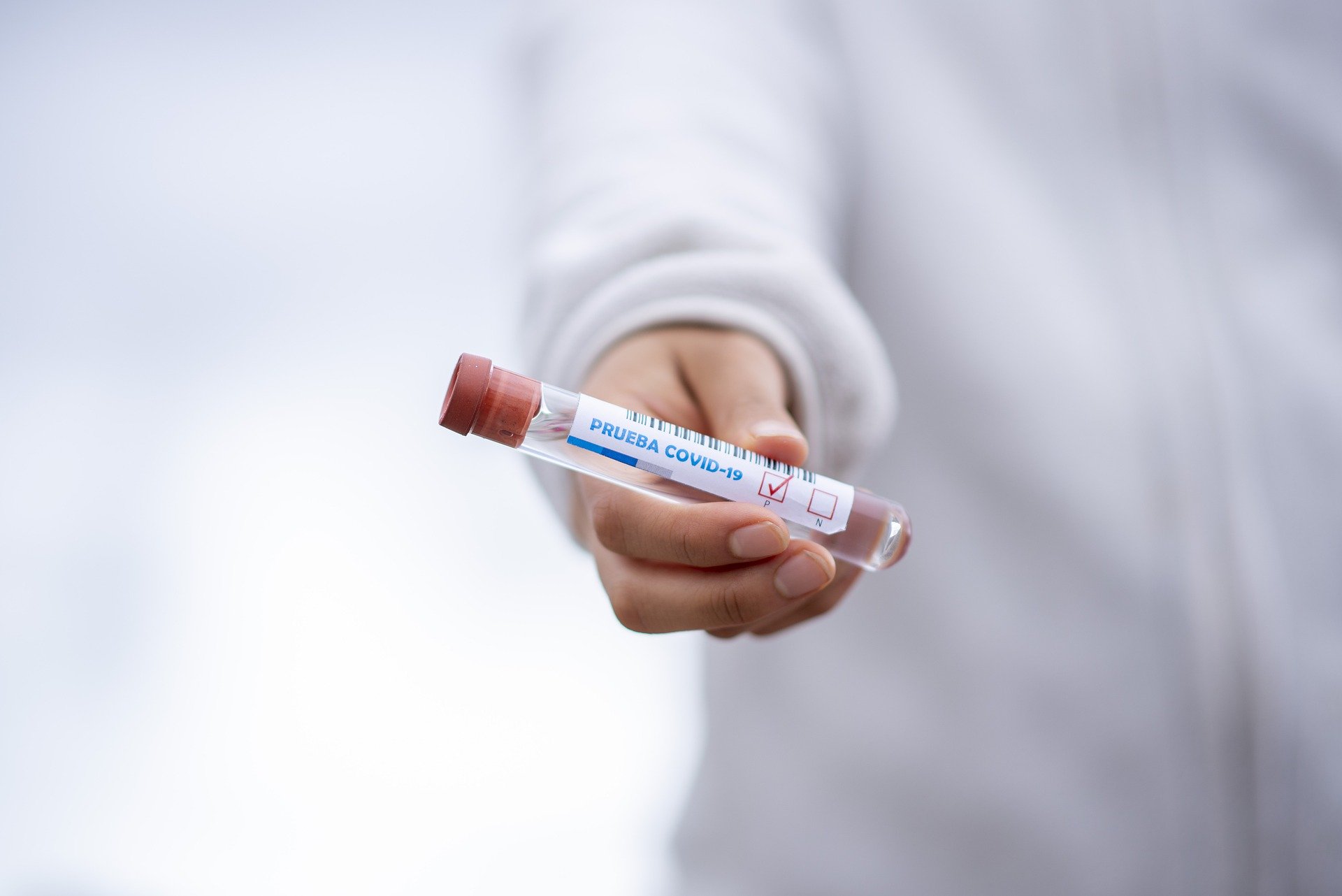A trial is under way of the first new antibody medicine developed to treat covid-19

The news: Patients have started to receive the first antibody drug developed specifically to treat covid-19. It’s being tested in 32 patients at various doses in hospitals in the US. If it’s shown to be safe, the drug, referred to as LY-CoV555, will be studied in non-hospitalized coronavirus patients later this summer.
The big idea: The drug was developed in just three months. Researchers used blood drawn from an early survivor of covid-19 in the US back in February, containing the antibodies that lock onto the virus and neutralize it. The goal is to turn one person’s successful immune response to covid-19 into a drug that can benefit everyone. These drugs aren’t vaccines and would not offer permanent immunity. But they could act like a temporary shot, giving people weeks or months of protection. If the trial that has just started is successful, it will be one of the first treatments for covid-19. It could be available by the end of the year if all goes well.
Not alone: This particular drug is the result of a collaboration between pharmaceutical giant Eli Lilly and Vancouver-based biotech firm AbCellera. However, others are trying to create their own antibody drugs too. Regeneron and a partnership between GlaxoSmithKline and Vir Biotechnology are both expected to start testing their versions soon.
The wider picture: This drug won’t be a silver bullet. The virus still isn’t that well understood, which makes treating it very difficult. Antibody cocktails could make sick people even sicker. Even if it works as intended, quantities would be severely limited at first, meaning doctors would have to prioritize who receives it. The good news is the antibody drug trial is just one of hundreds of clinical trials under way for everything from repurposed treatments originally developed for other diseases to brand-new vaccines for covid-19.
Read next: The race to find a covid-19 drug in the blood of survivors
Deep Dive
Biotechnology and health
How scientists traced a mysterious covid case back to six toilets
When wastewater surveillance turns into a hunt for a single infected individual, the ethics get tricky.
An AI-driven “factory of drugs” claims to have hit a big milestone
Insilico is part of a wave of companies betting on AI as the "next amazing revolution" in biology
The quest to legitimize longevity medicine
Longevity clinics offer a mix of services that largely cater to the wealthy. Now there’s a push to establish their work as a credible medical field.
There is a new most expensive drug in the world. Price tag: $4.25 million
But will the latest gene therapy suffer the curse of the costliest drug?
Stay connected
Get the latest updates from
MIT Technology Review
Discover special offers, top stories, upcoming events, and more.